The title above is drawn from an old saying in writing circles that, as a part-time writer myself, I can definitely attest to. When putting pen to paper or fingers to keyboard, what you begin with is rarely what you end with. And I’m not alone in that belief; no less an authority than Mark Twain himself once opined that the difference between the almost right word and the right word is as big as the difference between a lightning bug and lightning. The composer James Mobberley has one of my favorite thoughts on this subject. He suggests that only two percent of his time is spent coming up with an idea, and that the other ninety-eight percent is spent tweaking, reworking, and extending that idea1. Regardless of whether we’re contemplating a piece of music, a poem, novel, or painting (daVinci took four years to complete the Mona Lisa), “Getting it right” is more often the result of a rigorous process than a flash of inspiration.
The notion of utilizing the power of revision to achieve greatness applies every bit as much to OKRs as it does to the arts or sciences. If the first OKR you draft is what you ultimately enter into your software system or Google sheet, chances are you haven’t applied the diligent thinking necessary to write a truly effective Objective or set of Key Results that demonstrate the story of your success. But committing to that first draft is an easy trap to fall into given the oft-cited attribute of simplicity that is applied to OKRs. After all they’re easy, right? Nothing to it, you just sit at your desk for a few moments, contemplate what’s happening in your environment, slap something together, and you’re done. At this point I was going to write, “Unfortunately it’s not that easy…” However, the opposite is true: Fortunately it’s not that easy because if it were you’d be depriving yourself of the opportunity to craft something that will really matter, both to you and the organization.
So how do we re-write an OKR? Here are the specific steps I’d recommend you follow after taking an initial stab at the exercise:
To Improve an Objective:
- Recognize what you’ve written. Is it more of a ‘theme’ or intention than an objective? Example: Focus on innovation and take calculated bets. What does “focus” mean. What is a “calculated bet”?
- Ask yourself: What is the problem I’m trying to solve with this objective? Does the initial effort reflect that challenge?
- What is the current reality regarding the problem? There are stages in the solution to any challenge. Where do you currently reside on that spectrum?
- What specific thing can I do in this period? Now is the chance to make your objective specific; responding to your challenge while being cognizant of the current reality you face.
To Improve Key Results:
- Be as specific as possible! Watch for words like “deploy,” “implement,” “launch.” The research on goal setting is clear: the more specific a key result, the more likely you are to achieve it.
- Tell your story: Sequence the key results in the order in which they will manifest in the world.
1 The Mobberley and Twain quotes are drawn from: William B. Irvine, Aha!: The Moments of Insight that Shape Our World. Oxford University Press, 2014

